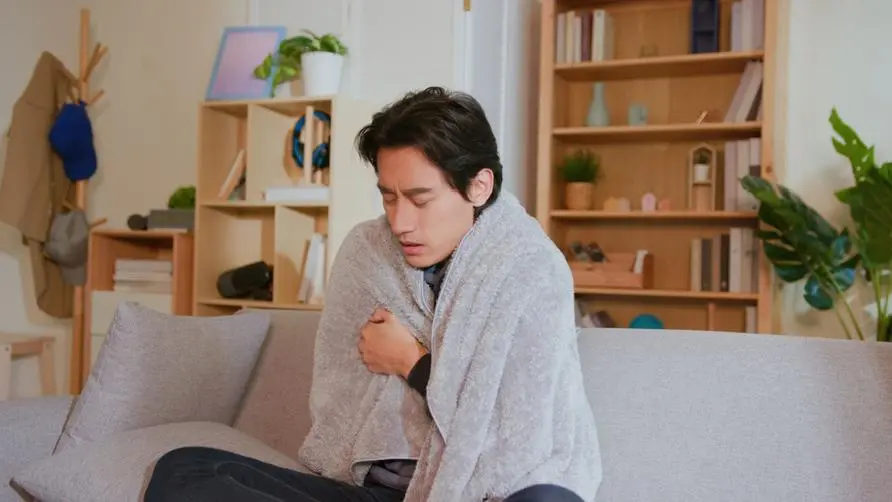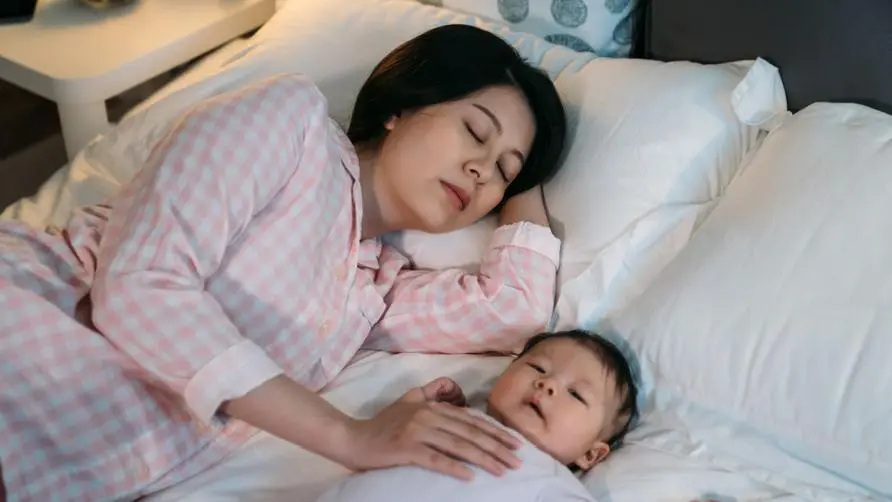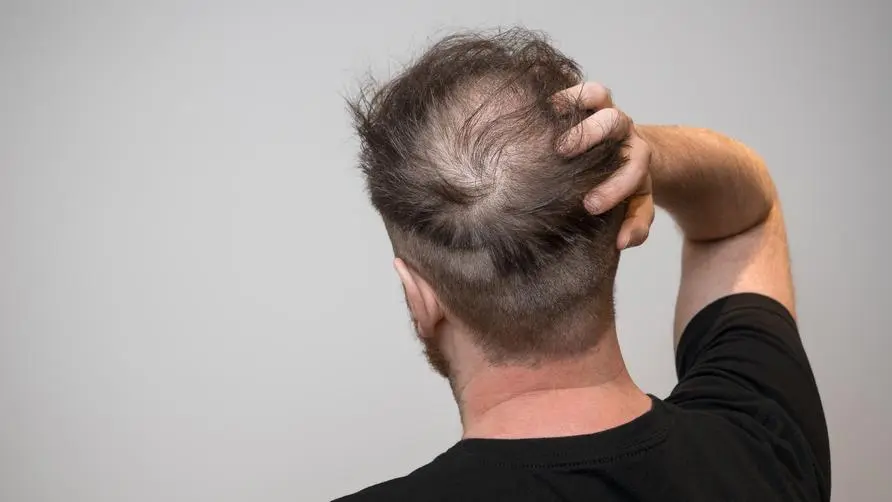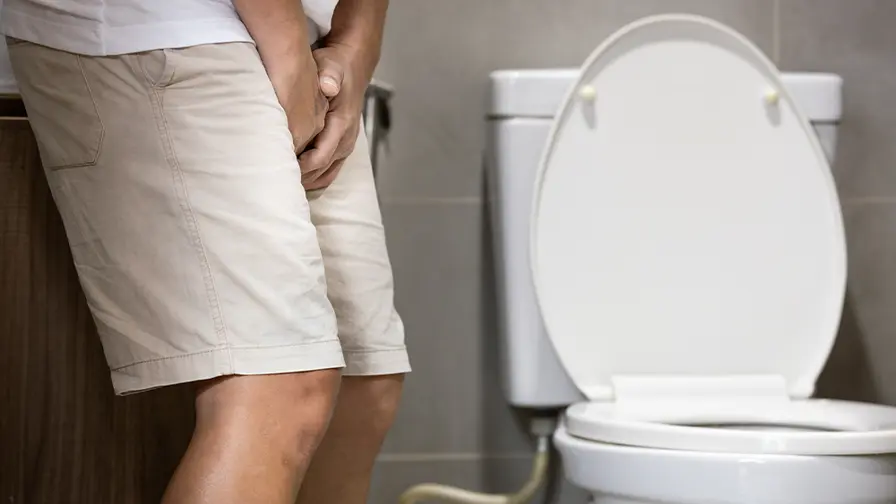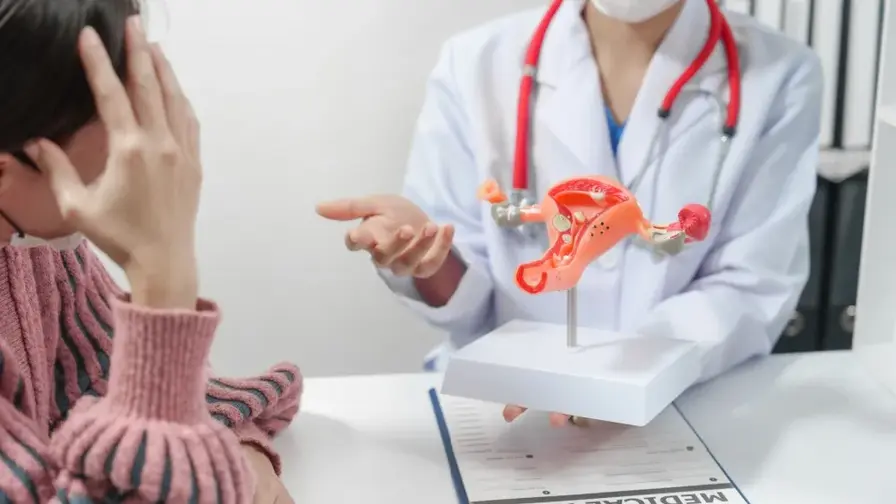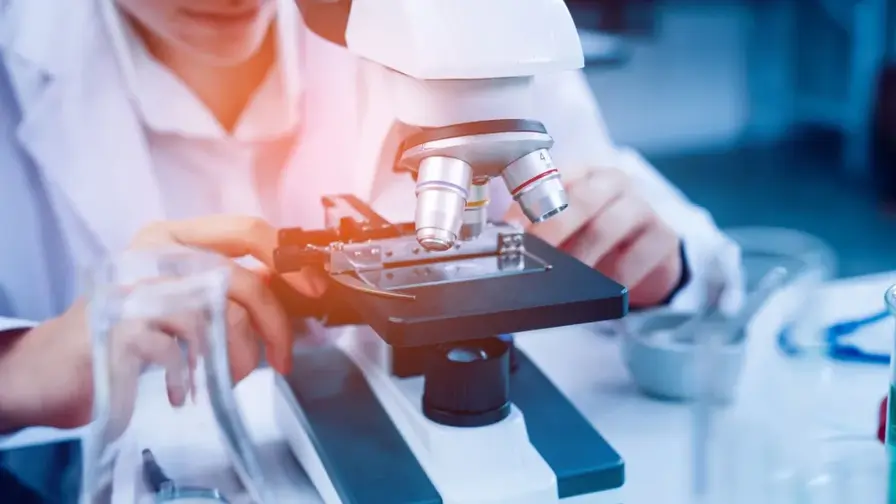Good news for cancer patients! Traditional Chinese medicine intervention reduces the side effects of chemotherapy and doctors confirm that "6 symptoms" are relieved
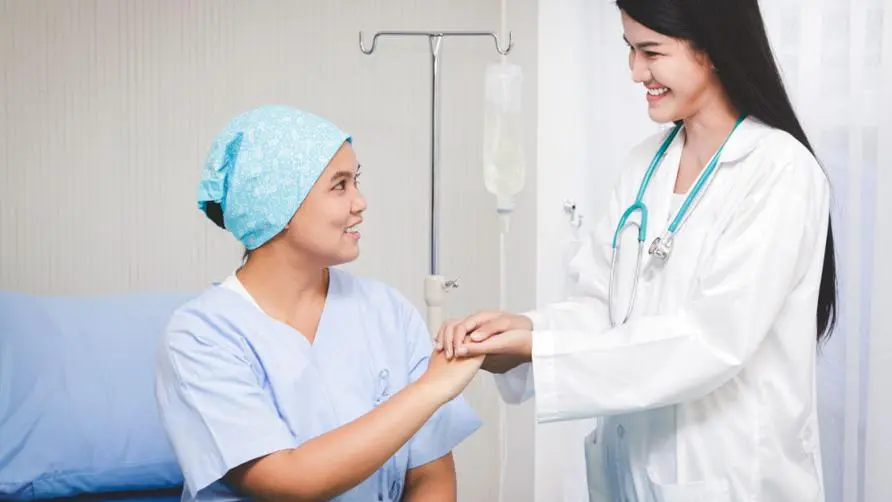
Side effects of chemotherapy for cancer patients gradually ease with Chinese medicine treatment
Can cancer patients’ side effects caused by “chemotherapy” be alleviated through the intervention of traditional Chinese medicine? Dr. Xu Jinjia, the attending physician of the Department of Traditional Chinese Medicine of Chi Mei Hospital, said that he had treated a 57-year-old prostate cancer patient who had previously undergone radical surgery, hormonal therapy, and radiation therapy. However, due to bone metastasis and abnormal prostate-specific antigen (PSA) index, , thus starting chemotherapy, and after using anti-tumor drugs, PSA gradually stabilized and controlled.
However, 3-4 months after the injection of chemotherapy drugs, the patient developed symptoms of numbness in his hands and feet, which gradually worsened and even affected his motor function. He developed a left foot drop and difficulty walking on his own, requiring the use of crutches. Since the symptoms did not improve after the chemotherapy stopped, I had to take the initiative to seek medical consultation.
After differential diagnosis and constitution syndrome differentiation, the patient was diagnosed with “overall qi deficiency” and “kidney yang deficiency”. After 2 months of syndrome differentiation prescription treatment, the patient’s numbness in his hands and feet not only subsided a lot, but also the abnormal thickening of the ground. After a significant decrease, the foot muscle strength gradually recovered and I could walk on my own at a slow speed, and the instability and floating feeling disappeared. At the same time, problems such as poor physical strength, poor appetite, weakness, urinary incontinence, anxiety, and agitation caused by cancer have all been significantly alleviated.
The cancer-killing process of chemotherapy drugs may cause uncomfortable reactions such as numbness and pain in the hands and feet
Dr. Xu Jinjia explained that although chemotherapy in cancer treatment can kill malignant tumor cells, it may also cause uncomfortable reactions in patients, such as nausea, vomiting, weakness, low white blood cells, anemia, etc. Among them, numbness of hands and feet after chemotherapy has become one of the common side effects of patients, which belongs to “chemotherapy-induced peripheral neuropathy (CIPN)”.
After chemotherapy drugs enter the human body, they will gradually accumulate in peripheral nerve cells over the course of treatment, inducing cell degeneration and apoptosis, thereby gradually causing neurotoxic lesions and damage to the peripheral nervous system, causing patients to experience abnormal sensation or loss of sensation. As treatment continues, neurotoxic damage continues to increase, and it also causes damage to the tissues surrounding nerve cells, such as supporting cells and blood vessels, further aggravating nerve damage.
The common symptoms of CIPN are sensory nerve abnormalities. The most common discomforts experienced by patients include numbness, dullness, pain, pins and needles, and burning sensations in the limbs. The occurrence areas are distributed in a “glove-sock” shape, mainly on the hands and feet. end. Most of the sensory abnormalities are symmetrical and progressive, often getting worse as the dose of treatment accumulates and the course of treatment progresses, and some patients only appear after the entire course of chemotherapy is completed. A small number of patients will show motor nerve-related symptoms (such as weakness, movement disorders, hemiplegia), autonomic nerve-related symptoms, and cranial nerve symptoms. In more severe cases, tendon reflexes may disappear, muscle atrophy, and eventually paralysis may occur.
CIPN can appear in the early stages of chemotherapy, and these symptoms usually ease and disappear after the course of treatment. However, some patients’ symptoms may persist for a long time, and in severe cases, may even last for months to years, seriously affecting their quality of life.
Personalized prescriptions help relieve peripheral neuropathy caused by chemotherapy
Dr. Xu Jinjia pointed out that for peripheral neuropathy caused by chemotherapy, current Western medicine treatments mainly include nerve pain suppression, nutritional supplements and vitamin supplements. However, for sensory abnormalities such as “numbness”, the existing prevention and treatment methods do not seem to be adequate. As expected. Common forms of temporary relief include massage, hot or cold compresses. The degree of discomfort of CIPN varies from person to person. If strong discomfort occurs during chemotherapy, it may lead to treatment interruption or the need to change drugs, which will affect the overall anti-cancer treatment process and cause considerable distress to doctors and patients.
Chemotherapy is a treatment method that was born after the emergence of modern medicine. Therefore, there is no relevant description of peripheral neuropathy caused by chemotherapy drugs in traditional Chinese medicine classics. However, depending on the manifestation and source of symptoms such as numbness and hypoesthesia, it is often classified as Similar to “Bi syndrome”, “numbness”, “drug poison”, etc. in traditional Chinese medicine symptoms. Modern Chinese medicine practitioners believe that chemotherapy drugs consume qi and damage blood. Although they can kill cancer cells, they also damage the body’s righteousness and lead to insufficient qi and blood.
After the Qi and blood are depleted, it will be more difficult to eliminate the poison accumulated in the peripheral nerves, causing it to remain in the body and form “stasis”. This state of insufficient Qi and blood and blood stasis gradually disrupts the supply of nerves, leading to numbness, pain, abnormal sensation and other conditions. However, the ratio and direction of “deficiency” and “blood stasis” are different for everyone, and will vary according to the type of chemotherapy drugs used, personal physique, emotions, etc. It cannot be treated with the same set of prescriptions or a single drug. It must be treated by “hope, “Smell, ask, and cut” to get to the bottom of the problem and find out the syndrome type and personalized prescription that are most suitable for the patient.
Chinese medicine acupuncture and Chinese medicine intervention rescue CIPN! Treating the same disease with different treatments, say goodbye to the worries of measles
Dr. Xu Jinjia explained that although CIPN is not life-threatening, it greatly affects the quality of life. Medical journals suggest that it can be treated by supplementing vitamin B12, folic acid, zinc, etc., but clinical observation effects are limited. Many patients still suffer from this symptom and even have to suspend or give up chemotherapy treatments.
At present, many literatures have pointed out that interventional treatment of CIPN with traditional Chinese medicine, such as traditional Chinese medicine, acupuncture, etc., can effectively improve various symptoms of CIPN. The treatment of traditional Chinese medicine emphasizes constitution interpretation and personalized prescription, and has the characteristics of “different treatments for the same disease”. If cancer patients suffer from numbness in the hands and feet, they can go to the traditional Chinese medicine department for treatment and syndrome differentiation, and a traditional Chinese medicine practitioner will create an exclusive prescription.
Dr. Xu Jinjia said that from the acute discomfort caused by chemotherapy, such as low blood cells, nausea and vomiting, constipation, diarrhea, insomnia, etc., to the weakness and hair loss in the middle and late stages, as well as the numbness of hands and feet or comprehensive conditioning mentioned in this case, all are intervened by traditional Chinese medicine. Ideal timing. It is recommended that cancer patients, under the joint care of traditional Chinese and Western medicine, can gradually alleviate the discomfort caused by symptoms and thereby improve their quality of life.
Further reading:
